 The Zambia Community Action on Poverty and Environment project (COPE in short), is a joint venture between two affiliates of the Earth Charter Initiative: the Workers` Education Association of Zambia (WEAZ), and the Earth Charter of United States (ECUS). This project has been active since 2009, implementing activities that aim to translate the principles of the Earth Charter into specific actions that promote values of respect of nature, and bring about changes in production and consumption patterns.
The Zambia Community Action on Poverty and Environment project (COPE in short), is a joint venture between two affiliates of the Earth Charter Initiative: the Workers` Education Association of Zambia (WEAZ), and the Earth Charter of United States (ECUS). This project has been active since 2009, implementing activities that aim to translate the principles of the Earth Charter into specific actions that promote values of respect of nature, and bring about changes in production and consumption patterns.
Currently, COPE is working with rural multi-purpose cooperatives in three rural Districts in Zambia ; Chongwe, Mansa and Zambezi. COPE project has been implementing hands on training actions in these communities, where around 370 people benefited, 200 of them women.
The trainings have focused on teaching how to build ecodome dry toilets, how to run a credit and savings business for cooperatives, how to test water quality and purify it, how to use solar energy for cooking, and have helped youth activists learn about gardening.
The following are specific results of this project in 2011:
- People from Chongwe learned how to build ecodome dry toilets.
- Members of Kakomwe cooperative had the opportunity to learn how to run a credit and savings business, how to track loans and improve loan performance, how to organize official meetings. This training was done in collaboration with the Ministry of Agriculture and Cooperatives.
- Members of St. Kizito Catholic Church Cooperative received the training on credit and savings schemes, but their training included sessions on ethics for sustainability with the Earth Charter. They learned these principles with hands on activities, for example they were taught about how to test water quality and purify it; how to use solar energy for cooking and how to build dry toilets. A strong component was given on promoting a sense of care to all living beings.
- The project sent an Earth Charter youth activist to a training in gardening in South Africa. This youth will train members of local cooperatives to grow cash crops in the future in order to reduce dependence on import food or forest products.
In addition, members of WEAZ reached out to the Ministry of Education to discuss how best the Earth Charter could be implemented in Zambian schools. They met with the Permanent Secretary who admitted that it is not easy for a Government Agency to endorse a full declaration, but he agreed to focus on a selection of relevant Principles (the chosen ones are:3, 8, 9, 13, 14).






